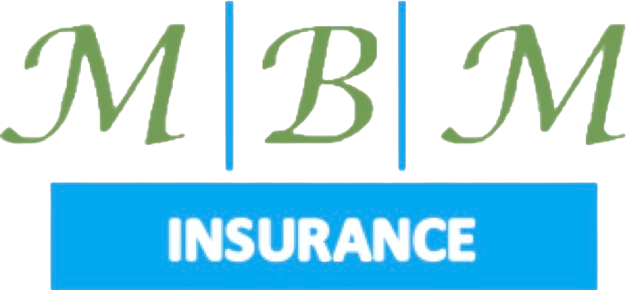Learning Center
Beginners Guide to Health Insurance 101
Picking out insurance can be hard sometimes. It’s okay, we understand. According to the U.S. Census, around 27.5 million Americans didn’t have health insurance. Do you want to know why? No one took the time to explain it to them.
New Law Hopes to Increase Insurance Transparency
Visiting a healthcare provider in-network can definitely save you time and money. But you heard of surprise billing? Surprise billing is used to describe a situation where a patient visits an in-network facility, but is treated by an out-of-network specialist, and then billed for those services unexpectedly.
Why Everyone Needs Life Insurance
Life insurance is a really misunderstood and under-discussed topic. It’s a contract between you and your insurance company, that allows you to pay a premium, in exchange for a “death benefit” to a specific person or organization if you pass away while the policy is in effect.
Importance of Insurance During a Pandemic
Covid-19 has had its affects on all of us, especially those in the medical field or those seeking medical care. Unfortunately, many people have also lost their jobs, and ultimately their health insurance as well. And in the America, insurance is king.
10 Insurance Terms You Need To Know
(Explained Easy)
1.Premium.
An insurance premium is the set amount of money you agree to pay every installment in order for you to have coverage. Premiums can be deducted on a weekly, bi-weekly, monthly, or annual basis.
2. Co-pay
When you go in for a medical visit, insurance companies often require you to pay a small fee for your services upfront, before they pay the rest. A co-pay is the amount of money that’s paid before seeing your doctor, dentist, or urgent care facility.
3. Deductible
Just like a co-pay. This is the amount of money you have to pay upfront before the insurance carrier pays their amount. Usually deductibles are for more extensive medical bills.
4. In-Network
Insurance carriers have contracts with various health care providers, that gives their clients access to pre-negotiated rates. Because of this relationship, when visiting doctors in-network, you pay a lower cost for your services.
5. Out-of-Network
Health care providers that don’t have an agreement with your carrier are considered out-of-network. Visiting medical facilities out-of-network may mean paying a higher co-pay, and possibly higher deductibles.
6. Preventative Care
These are your regular medical visits aimed at preventing disease or illness. These can be annual check-ups, screenings or immunizations.
7. Pre-Existing Condition
These are injuries or illnesses you may have prior to enrolling you in your desired coverage.
8. Beneficiary
This is the person who would receive any benefits that would have been payable to the policyholder if they were to unfortunately pass away while being covered.
9. Flexible Spending Account
A flex spending account is a savings account that allows you to put money aside for your out of pocket medical costs.
10. Healthcare Spending Account
An HSA, just like a flex-spending account, is a specific healthcare account that is used to pay for out of pocket medical expenses. Usually an HSA is used with a high deductible healthcare plan.




